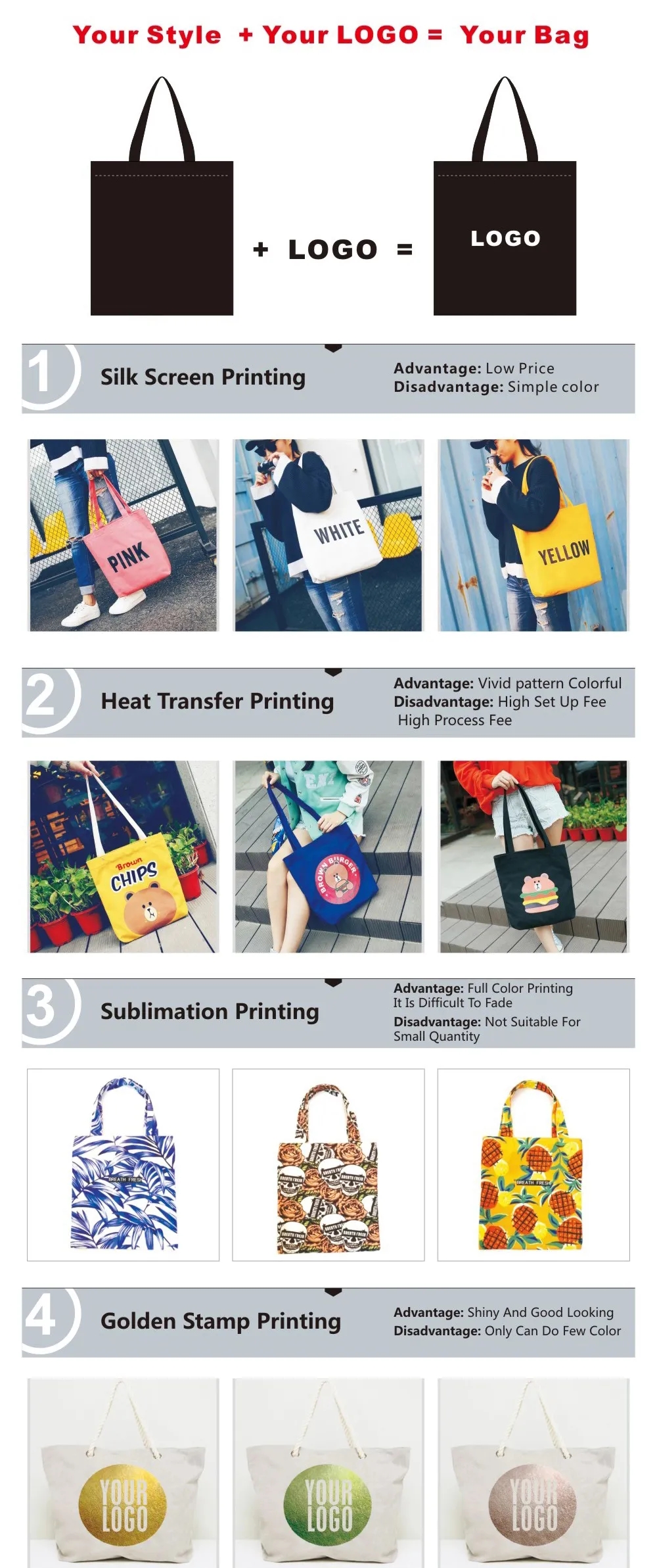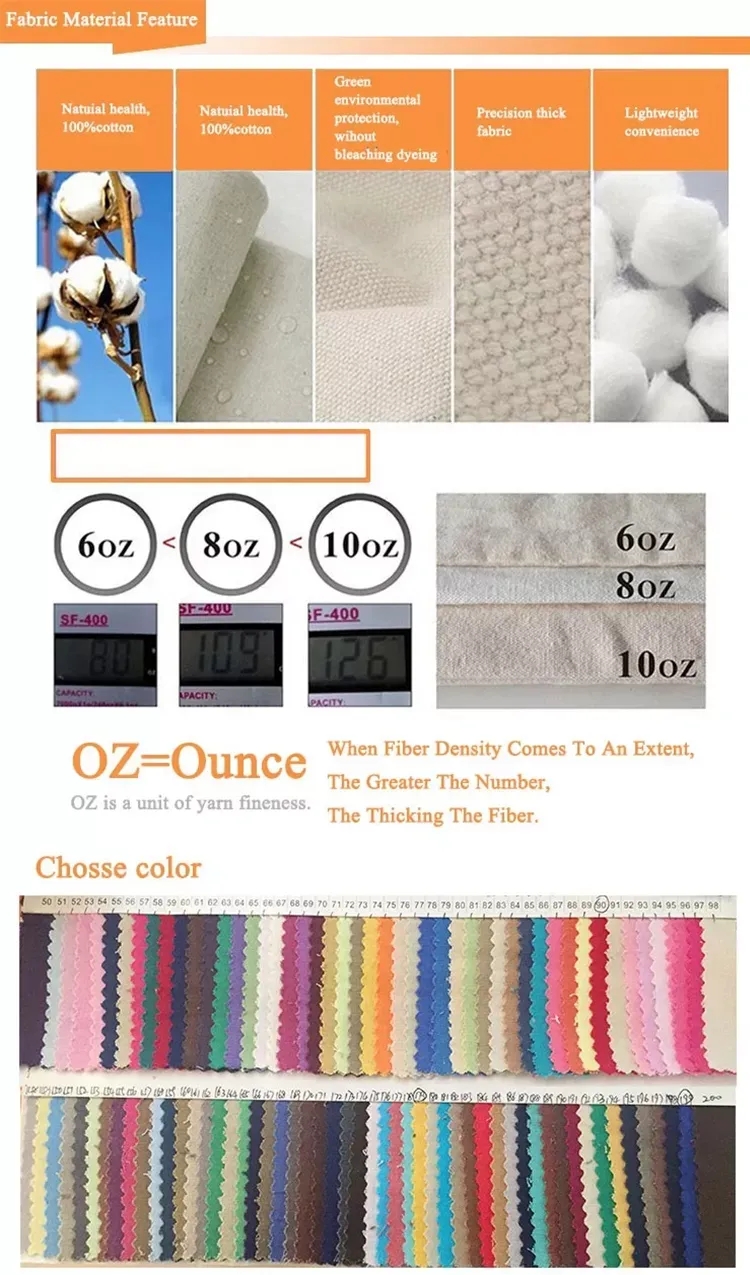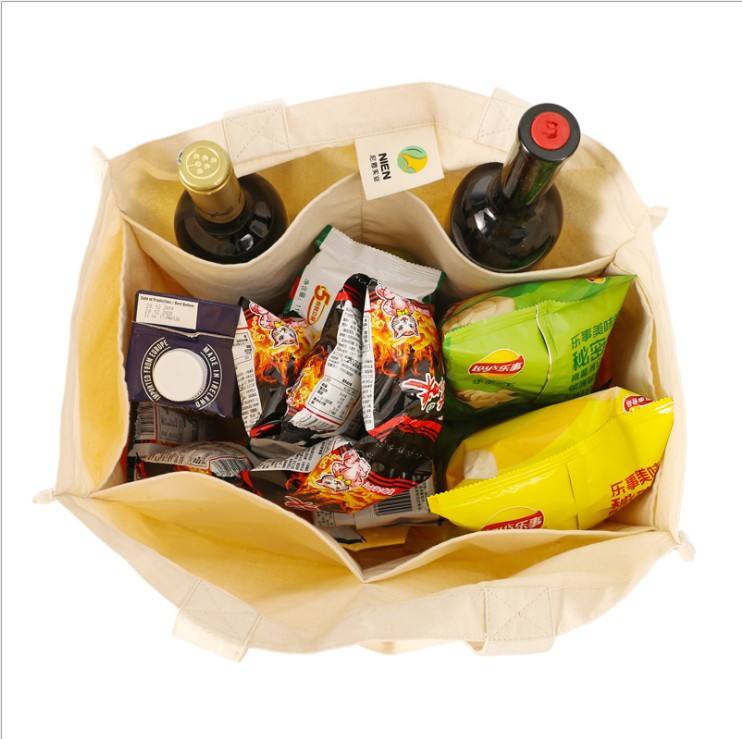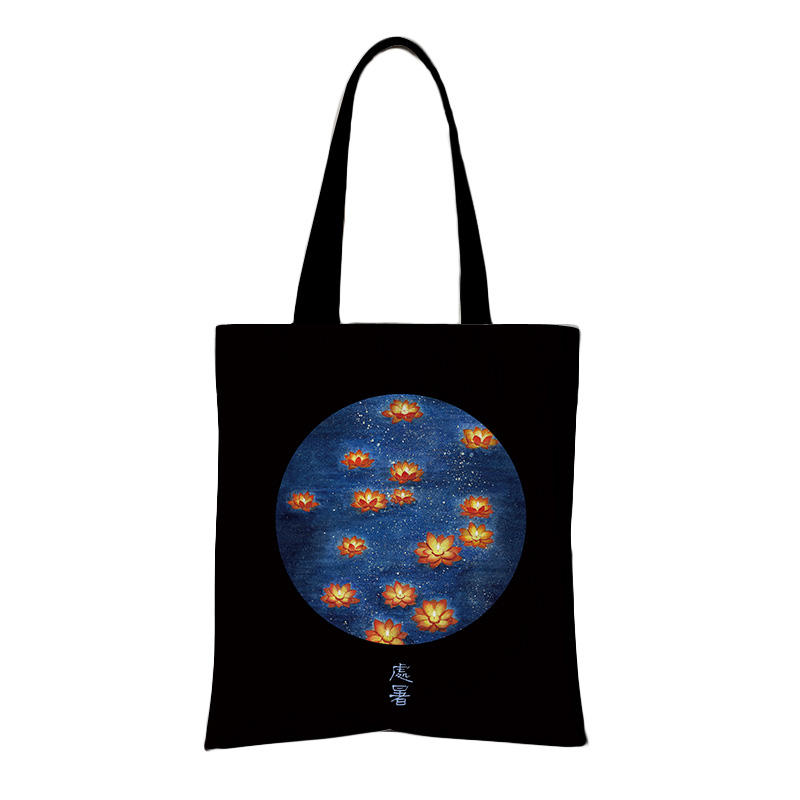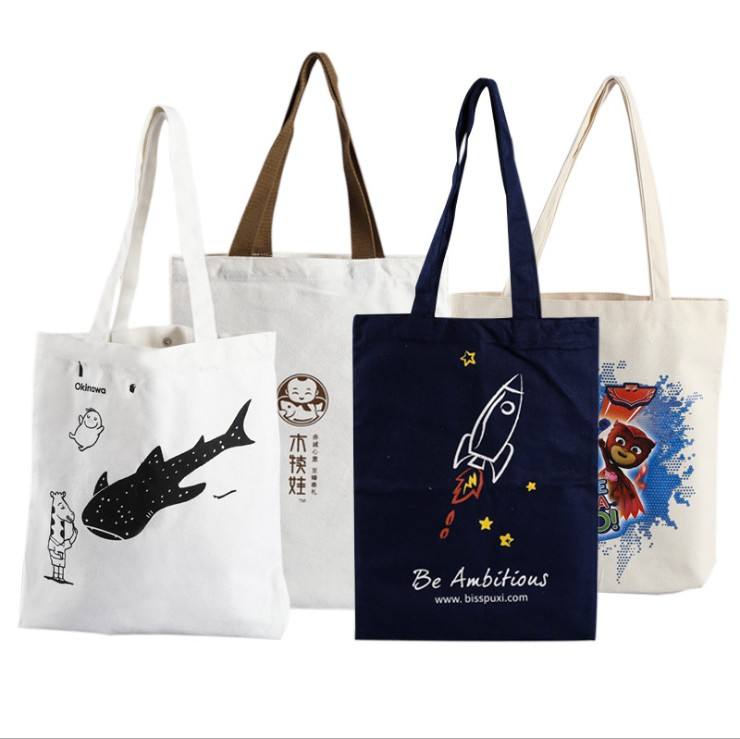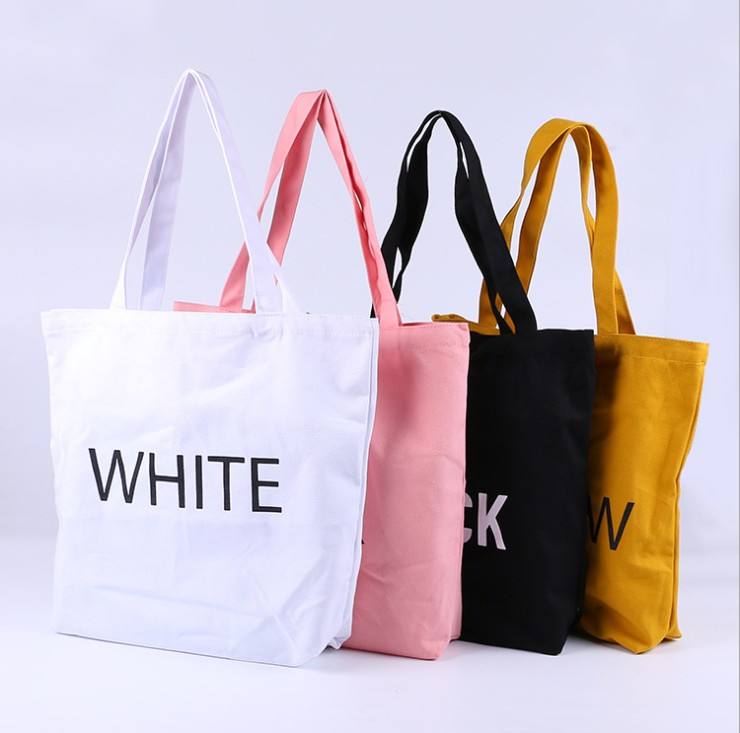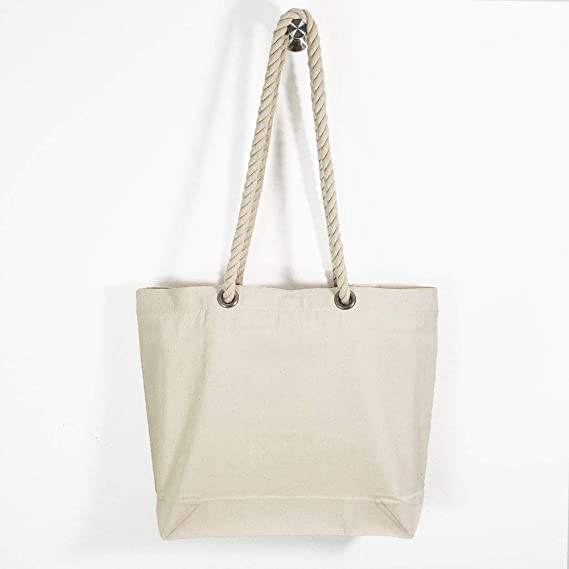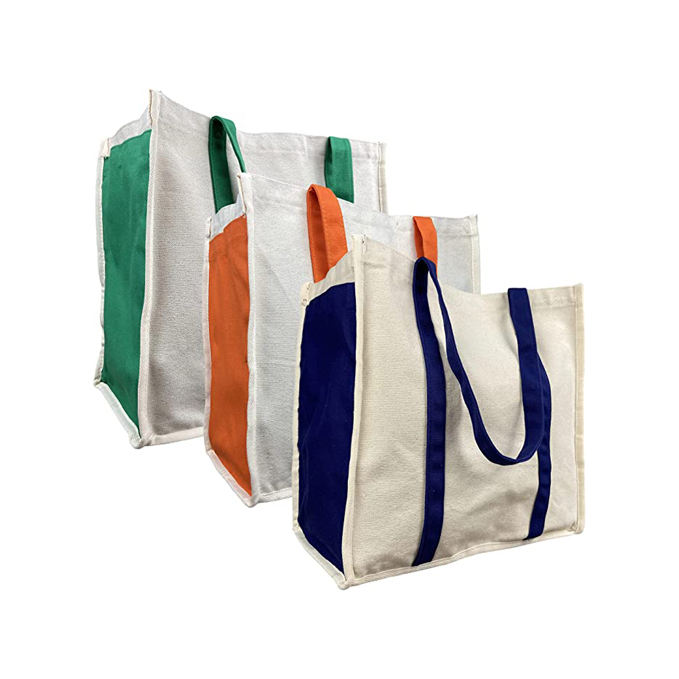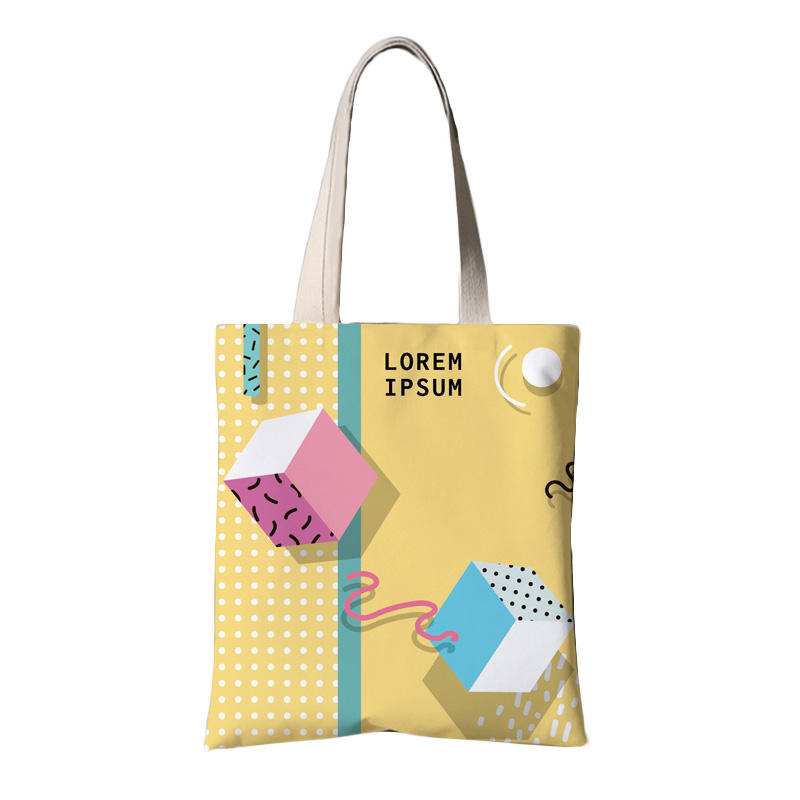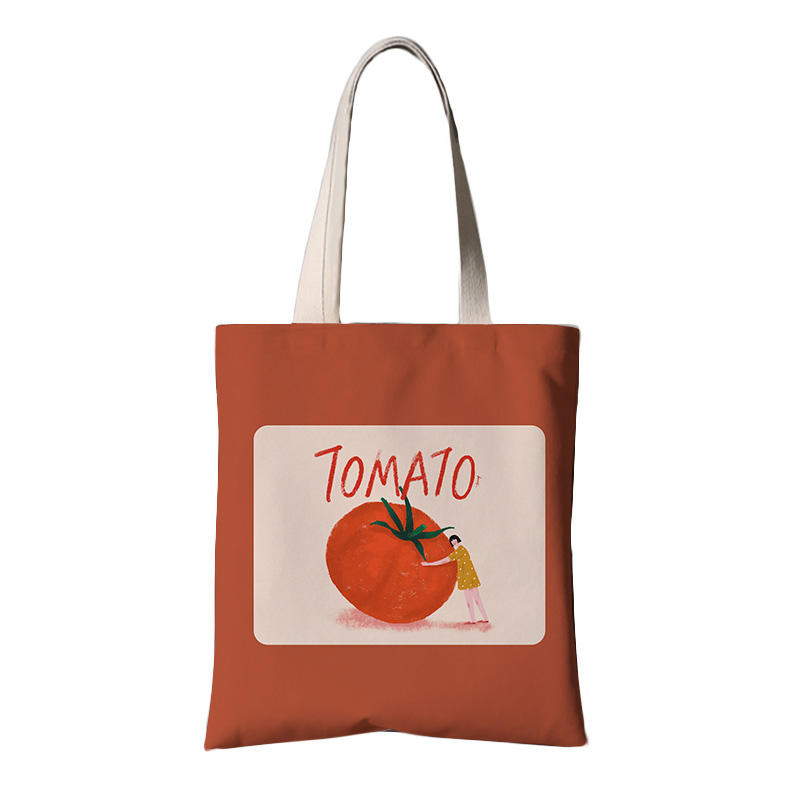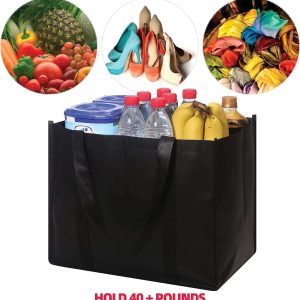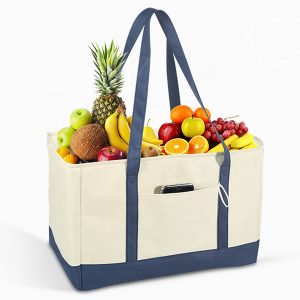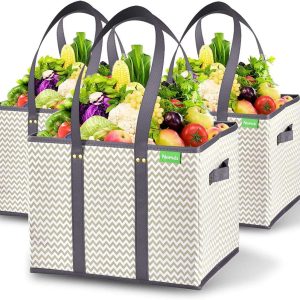Grocery bags are a type of bag used to carry groceries and other items purchased at the store. They come in a variety of materials, including plastic, paper, and reusable fabric, and are available in a range of sizes to accommodate different needs.
Plastic grocery bags are lightweight, inexpensive, and water-resistant, but have a negative impact on the environment due to their non-biodegradable nature. Paper bags are biodegradable and recyclable, but are not as durable as plastic bags and can tear easily. Reusable fabric bags, such as those made from canvas or jute, are a more sustainable option that can be used multiple times, reducing waste and promoting sustainability.
Many grocery stores and communities are encouraging the use of reusable bags, both to reduce waste and to help consumers save money in the long run. Some stores offer discounts or incentives for bringing in reusable bags, and many municipalities have enacted regulations to ban or limit the use of single-use plastic bags.
Overall, grocery bags are an essential part of the shopping experience, and the choice of bag material can have a significant impact on the environment. By choosing reusable bags made from sustainable materials, consumers can help reduce waste and promote a more sustainable future.
